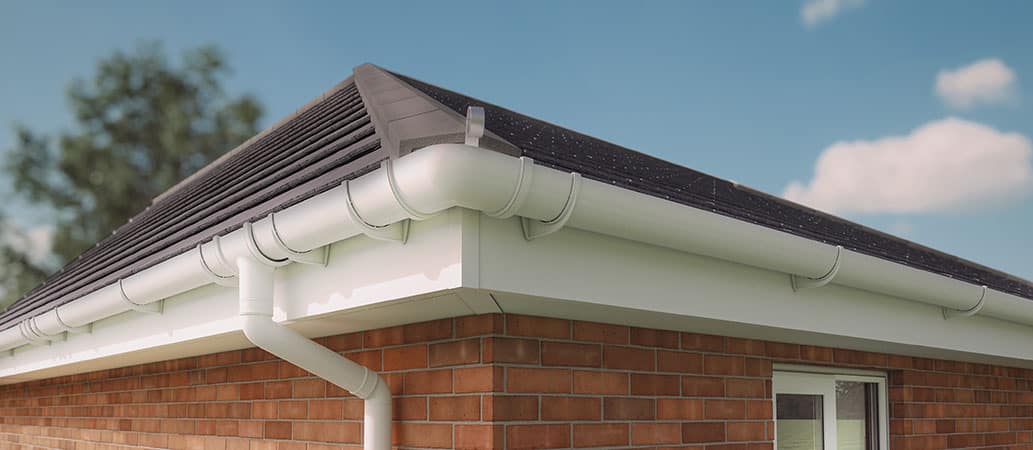본문
Fascia Installation: A Comprehensive Guide
Fascia installation plays a vital function in both the aesthetic appeals and performance of a structure. It describes the board that runs horizontally along the edges of a roofline, offering a neat surface and assisting in the attachment of gutters. The choice of products, designs, and appropriate installation methods can significantly affect the durability and appearance of a structure. This short article provides an in-depth appearance at fascia installation, detailing the materials normally used, a detailed installation process, prospective challenges, and often asked concerns.
Table of Contents
- Understanding Fascia
- Meaning
- Kinds Of Fascia Materials
- Tools and Materials Needed for Installation
- Step-by-Step Guide to Installing Fascia
- Typical Challenges and How to Overcome Them
- FAQs About Fascia Installation
- Conclusion
1. Understanding Fascia
Definition
Fascia is the horizontal board that covers the ends of roofing system rafters. It provides a finished look while also serving numerous functional functions, including supporting the roofing system and protecting seamless gutters.

Kinds Of Fascia Materials
Several products can be used for fascia installation, each with its own advantages:
| Material | Benefits | Disadvantages |
|---|---|---|
| Wood | Natural visual appeals, paintable, easy to work with | Prone to rot and pests, needs maintenance |
| Vinyl | Low maintenance, resistant to fading and rotting | Can be less resilient than wood, limited design choices |
| Aluminum | Durable, resistant to rust, low maintenance | Can dent easily, minimal color choices |
| Composite | Resistant to rot and insect damage | Higher preliminary expense, can look less genuine |
| PVC | Really durable, simple to set up | More costly than wood or vinyl, not generally readily available |
2. Tools and Materials Needed for Installation
Before starting fascia installation, it is vital to gather the needed tools and products to ensure the job goes efficiently. Here's a list of items you will require:
Tools:
- Tape measure
- Miter saw
- Hammer or nail gun
- Level
- Caulking gun
- Ladder
- Security safety glasses
- Drill
Products:
- Fascia board (product of choice)
- Nails or screws
- Caulk or sealant
- Gutter system (if suitable)
3. Step-by-Step Guide to Installing Fascia
The installation of fascia can be done as a DIY job. Here's a detailed guide on how to successfully set up fascia:
Step 1: Preparation
- Inspect the Roof: Before start, guarantee the roofing structure is sound. Search for any signs of damage or rot that might require attention.
- Measure the Length: Using a measuring tape, determine the overall length required for the fascia boards.
Action 2: Cut the Fascia Boards
- Cut the Boards: Use a miter saw to make cuts at the suitable lengths. Make angled cuts at corners for a neat surface.
Action 3: Position the Fascia Boards
- Hold the Board in Place: Position the fascia board against the roof edge and use a level to guarantee it is directly.
Step 4: Fasten the Boards
- Nailing: Secure the fascia board into location utilizing nails or screws. This involves nailing through the board into the rafter ends. Ensure that the fasteners are spaced approximately 24 inches apart.
Step 5: Seal the Joints
- Apply Caulk: Around the joints, apply caulk or sealant to prevent water seepage, guaranteeing the longevity of the installed fascia.
Action 6: Install Gutters (if suitable)
- Attach Gutters: If you're likewise installing rain gutters, attach them directly below the fascia to ensure correct drainage.
Step 7: Final Inspection
- Examine Alignment: After installation, do a last check to ensure whatever is aligned properly and securely attached.
4. Typical Challenges and How to Overcome Them
Installation might not always go as planned, and it's important to be prepared for common obstacles:
- Misalignment: If the fascia boards appear uneven, verify the level and compare all measurements before securing.
- Incorrect Cutting: Always confirm measurements before cutting. If cuts are too short, it will require buying new products.
- Weather condition Conditions: Plan your installation day carefully to avoid rain or high winds, which can compromise quality and safety.
5. FAQs About Fascia Installation
Q1: How do I know which product to choose for fascia?A1: Choosing the ideal product depends on your budget, climate, and desired aesthetic. Wood provides a natural look, while vinyl and aluminum provide low maintenance. Q2: Can I set up fascia by myself, or do I need professional help?A2: Installing fascia can be carried out as a DIY project if you are comfy working at heights and utilizing tools. However, employing a professional is a good idea for complicated architectures. Q3: How frequently must fascia be replaced?A3: The lifespan of fascia boards can differ. Wooden fascia might need replacement
every 10-20 years, while vinyl and aluminum can
last for years if preserved appropriately. Q4: Do I require permits to set up fascia?A4: Check with your regional structure department. Numerous places do not require authorizations for fascia installation, however it's important to validate. Q5: What
maintenance is needed for fascia?A5: Regular examinations for rot or degeneration, particularly in wood, and cleaning or repainting as necessary. 6.
Conclusion Fascia installation might seem overwhelming,
but with cautious preparation and understanding of materials and strategies, it can be a gratifying DIY project or an uncomplicated job for professionals. Proper installation not just enhances the visual appeal of your home but also ensures structural stability, particularly regarding water management through seamless gutters. When handling your fascia installation task, remember to stick to security protocols and, when in doubt, talk to or work with a professional to guarantee the very best possible outcome.
댓글목록
등록된 댓글이 없습니다.

